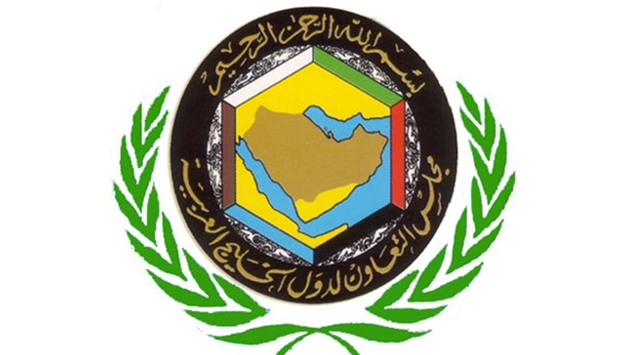Despite the announced policy measures, medium-term fiscal positions remain “challenging” given the expectation of oil prices remaining low, IMF said in its Regional Economic Outlook released on Monday.
Algeria, Bahrain, Oman, and Saudi Arabia will become “significant” debtors over this period as their financing needs are expected to exceed their current liquid financial buffers, IMF said.
The budgets of almost all non-GCC countries are also projected to remain in deficit by the end of the decade. Further saving measures are needed over the medium term to restore fiscal sustainability, rebuild buffers, and save sufficiently for future generations.
In the GCC, ambitious fiscal consolidation is also required to support the fixed exchange rate regimes. The timing and composition of these policy measures should be designed to minimize the short-term impact on growth, while enhancing equity and medium-term growth prospects.
Structural policies, IMF said can “complement fiscal adjustment” efforts. Large fiscal adjustment will inevitably entail difficult choices, including rethinking the role and size of the public sector and modifying the social contract. There is room to cut public spending, which ballooned during the oil price boom, and to raise new revenues.
On average, the GCC countries spend twice as much on their public wage bills as other emerging market and developing countries, and almost 50% more on public investment as a share of GDP.

Further energy price reforms could save some 2% of GDP. Revenue efforts should focus on designing broad-based tax systems. For example, introducing a 5% value-added tax (VAT) could raise about 1½% of GDP.
Deficits are being financed with asset drawdowns and debt issuance. After the significant withdrawals of financial savings last year, some countries may issue more debt this year. Policymakers need to strike a balance between drawing down buffers, issuing domestic debt—thus helping to develop domestic capital markets, but potentially crowding out private investment—and borrowing abroad, IMF said.
Yet with lower oil prices and rising US interest rates, funding costs have risen, it said. A number of sovereign credit ratings have been downgraded. Credit default swap (CDS) spreads have widened, but remain well below the peaks of the global financial crisis, IMF noted.
Meanwhile, a Reuters dispatch said IMF was “encouraged” by the efforts of Gulf Arab oil exporters to “repair damage” to their state finances as low crude prices slash export revenues.
"I do see in a number of countries action to address the budget deficit," Masood Ahmed, director of the IMF's Middle East and central Asia department, told Reuters.
"That gives us encouragement and comfort,” Ahmed said.
The GCC is heading for a protracted economic slowdown because of the austerity policies needed to curb budget deficits, the IMF report showed.
The non-oil part of the GCC economy is projected to grow an average 3.25% annually over the next five years, well below a rate of 7.25% between 2006 and 2015, it said.

